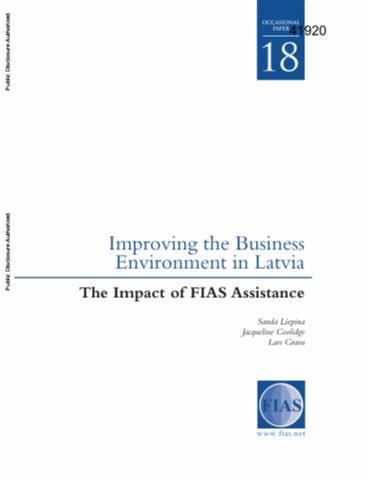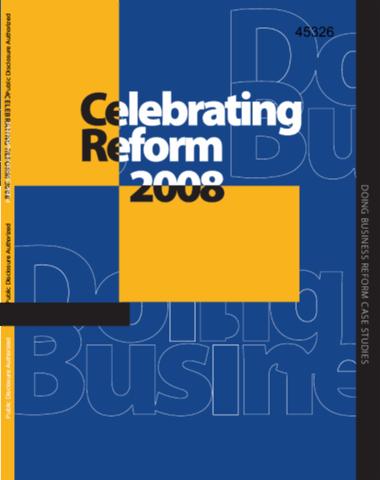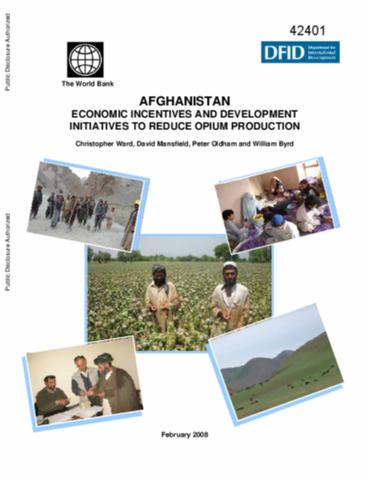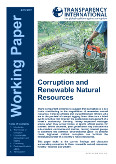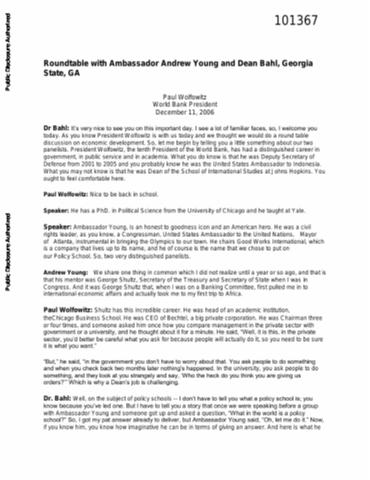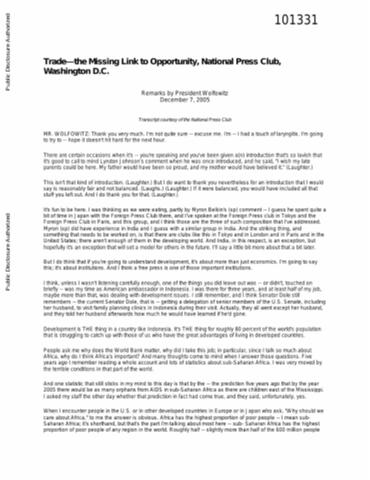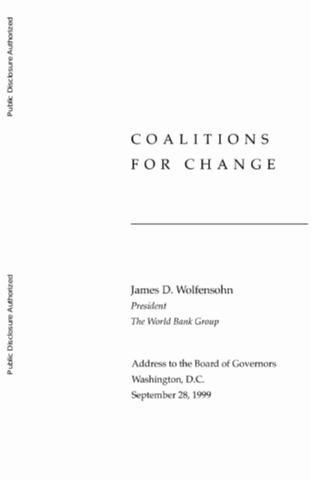Improving the Business Environment in Latvia
This paper tracks the process through which FIAS, the investment climate advisory service of the World Bank Group advised the government of Latvia from 1998 to 2004 on ways to improve the business environment, achieve higher rates of economic growth, and thereby alleviate poverty. This case study shows that it is reasonable to describe how assistance by FIAS led to an improved business environment.

